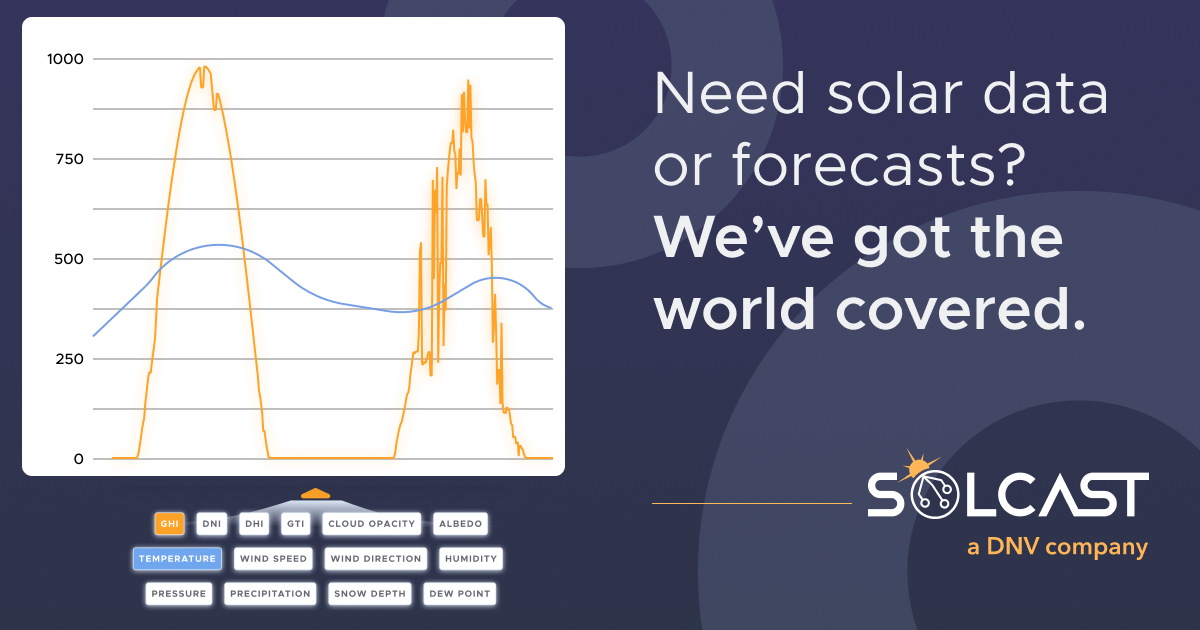RussNM
Solar Enthusiast
So as I was looking at our predicted weather and our current UV index being extremely high (12) I was wondering if there is a correlation between high UV index and solar production? The consensus is all over the place whether UV and IR plays any role in pv production. Some say yes some say no. Im going to assume that a HIGH UV index is the result of a dry and clear sky and for me living at a high altitude. Thoughts?



